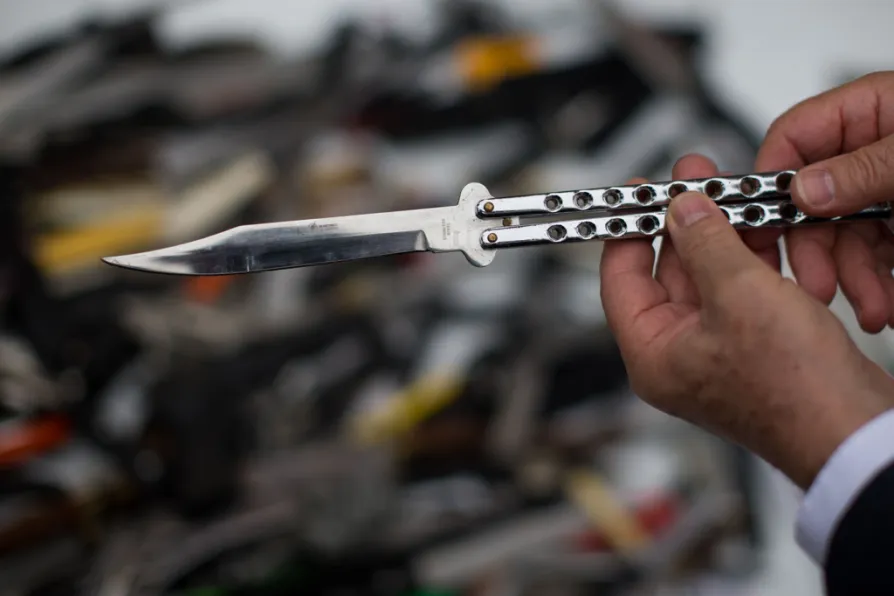Government cuts are contributing to knife crime, new report suggests


CUTS to local authorities’ early help and prevention services could be driving the rise in youth knife crime, Ofsted suggested today.
Relative poverty is also an important factor in knife crime among children and young people, according to the watchdog’s report.
Council children’s services are dealing with increasing demand to support vulnerable children and many have significantly reduced budgets for preventative services, the report said.
Similar stories

The teaching watchdog was declared 'not fit for purpose' in 2007. The time has come to abolish it once and for all, writes BERNIE EVANS












